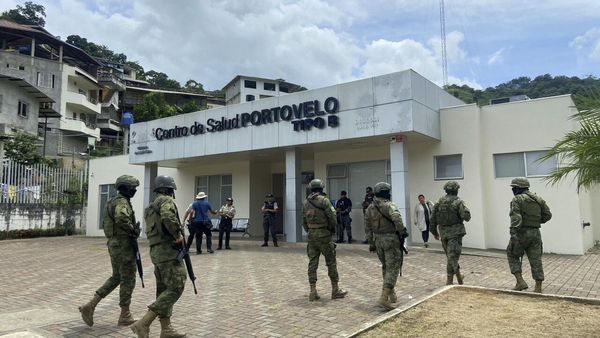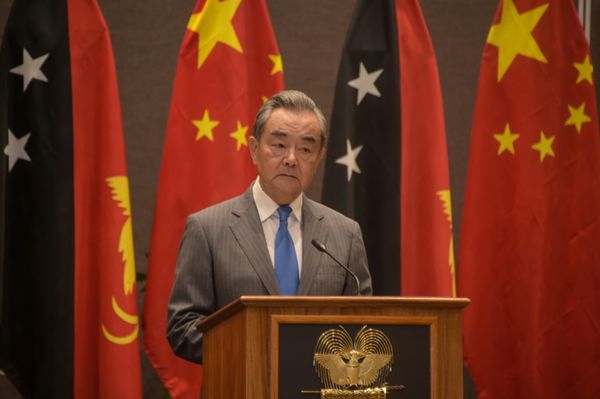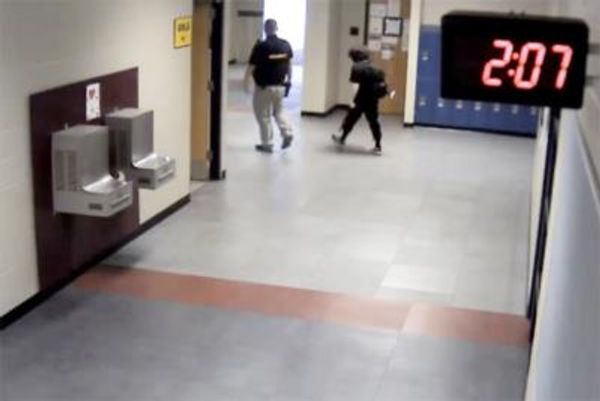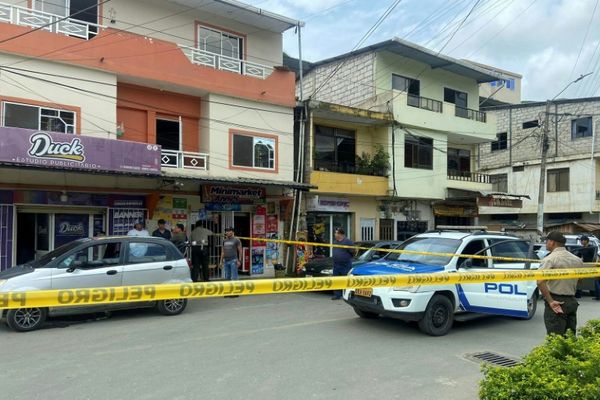The New South Wales government has been handed a scathing report finding the rural health system is "in crisis and is failing residents of rural, regional and remote areas".
A cross-party committee has made 44 recommendations, following hundreds of hours of evidence held across NSW, to try to overhaul the system.
What was found was people living outside of the city have "significantly poorer health outcomes, greater incidents of chronic disease, and greater premature deaths".
To address "historic failures" by both levels of government to fix workforce shortages, particularly in relation to doctors and nurses, it put forward a range of sweeping changes.
They include the state government collaborating with the Commonwealth on a 10-year workforce strategy, a single employer model for GPs, and for the committee to hold another inquiry in two years' time to see if the changes have been implemented.
It also highlighted a 'culture of fear' among healthcare staff to speak out about under-resourcing, mismanagement and bullying or harassment.
One of the 22 findings was significant gaps in services, due to the federal government overseeing the provision of GP services while the state handles the public health system.
During 15 hearings across regional NSW over 11 months, witnesses repeatedly told the inquiry about their experiences in waiting weeks and months to see GPs and specialists, the high costs of travel and accommodation required to attend appointments, that their concerns were not properly listened to by some medical professionals, and a reluctance among Aboriginal residents to use the public health system.
To address some of these issues, the report recommended that the NSW government "urgently" engage with the Australian government to establish clear systems and reforms to improve doctor workforce issues.
On implementing the recommendations, newly installed regional health minister Bronnie Taylor said she would "absolutely consider them, we will go through them with a fine tooth comb".
She said families and workers shed light on "harrowing stories" but it cannot be forgotten great things happen in these hospitals everyday.
"I do not walk away from the challenges, I'm up to them and I'm ready to fix these issues," she said.
Shortfalls of the report
The shadow health minister Ryan Park feared present governments may struggle to make tangible change based on the recommendations.
"I don't care who is in Canberra, there needs to be an improvement in the relationship and the coordination and the delivery of healthcare services," Mr Park said.
He said government mismanagement pushed the health system to near-breaking point over a decade.
The dual-coordination of healthcare services was a government "failure" the committee's deputy chair Emma Hurst wants addressed to prevent rural NSW residents from continuing to be "treated like second class citizens".
"When there's no GP in a remote area people go to a hospital to get care so that sort of artificial division between federal and state governments needs to be reviewed," Ms Hurst said.
NSW has been advised the way to increase the number of rural GP and specialist training positions is by working with the Primary Health Networks, the university sector and specialist medical colleges.
Several doctors lodged submissions and gave evidence about what they said was an overwhelming workload and, for some, a hesitancy to work in the public hospital system.
Understaffed, under-resourced
The inquiry's committee has called for an ombudsman to be given greater powers to give people more power to speak out about failings within the public health system.
If implemented, it would give an independent office the ability to review alleged cover-ups of medical errors or deaths and false or misleading data.
The under-resourcing and understaffing of some rural and regional hospitals was also a major issue.
Nurses from the state's Central West and Riverina told hearings that they were in hospitals without doctors physically on site and ran out of basic supplies such as antibiotics.
Ms Hurst warned the recommendations had not gone far enough, particularly as both major parties did not support the implementation of staff-to-patient ratios for nurses.
"To be able to attract them to work there we need to be able to show this is a safe working environment," she said.
To build up the workforce, it wants NSW Health to fund the recruitment and training of additional nurse practitioners to work in rural areas to help cover facilities without 24/7 doctors or for areas that use telehealth services.
The report recommends NSW Ambulance deploy paramedics to reflect present-day demand by allowing paramedics outside metropolitan areas to undertake training and build skills locally.
It could mean working with NSW Health to embed paramedics at facilities that do not have access to a doctor.
It has also recommended that another committee considers undertaking an inquiry into mental health services in the regions in the future.
The inquiry has already prompted the NSW government to apologise to regional communities for substandard care.
The NSW government has six months to respond to the inquiry's report.







